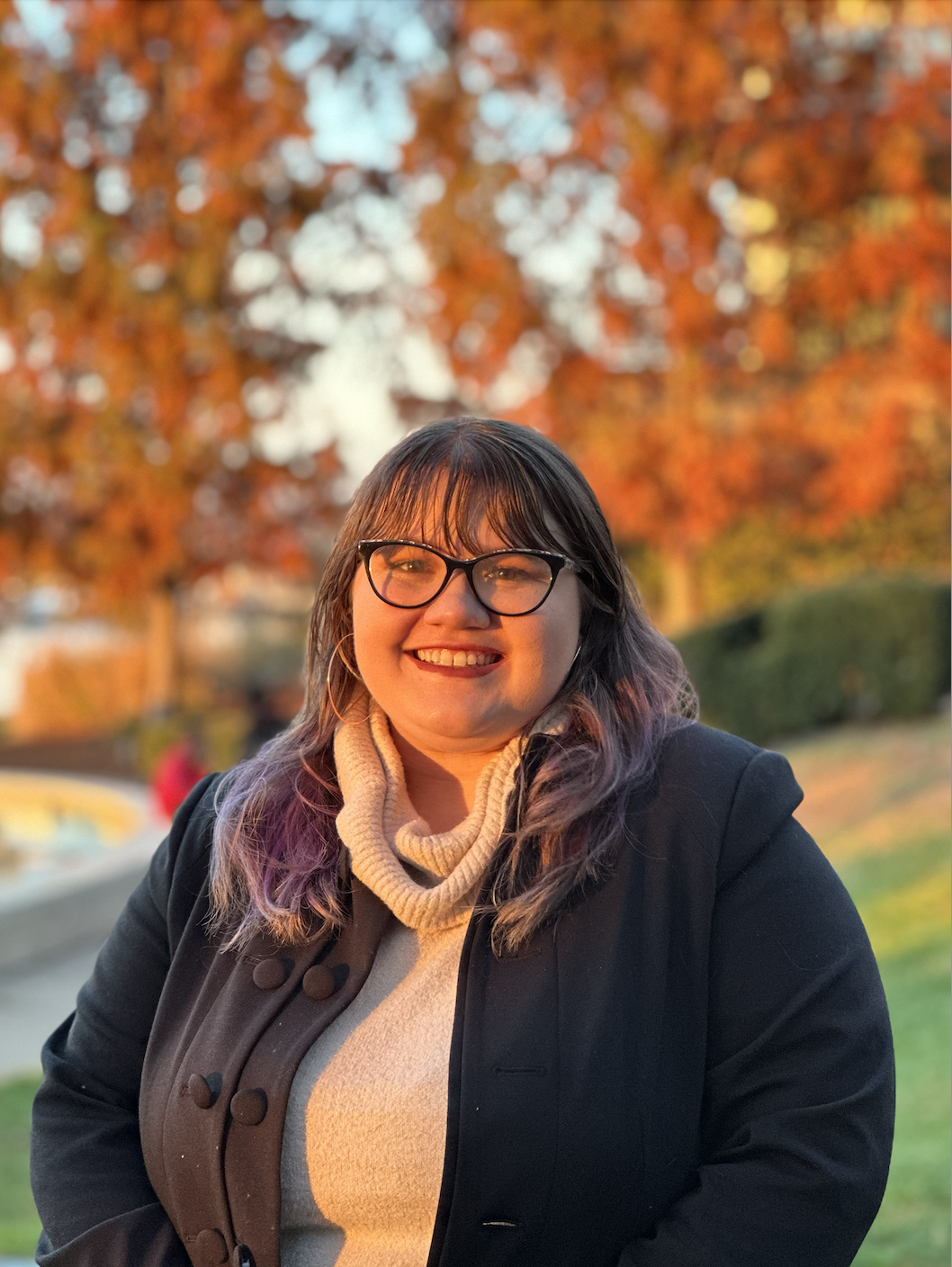UROP Project
The Bait Debate: Understanding Queerbaiting Through Focus Group Interactions
Queerbaiting, Focus Group, LGBTQ+, Qualitative Analysis, Qualitative Coding

Research Mentor: Ms. Ashley N Johns, She/her
Department, College, Affiliation: School of Communication, Communication and Information
Contact Email: ajohns@fsu.edu
Research Assistant Supervisor (if different from mentor):
Research Assistant Supervisor Email:
Faculty Collaborators: Alessandra Noli Peschiera, Chris Gurrie
Faculty Collaborators Email: anolipeschiera@fsu.edu
Department, College, Affiliation: School of Communication, Communication and Information
Contact Email: ajohns@fsu.edu
Research Assistant Supervisor (if different from mentor):
Research Assistant Supervisor Email:
Faculty Collaborators: Alessandra Noli Peschiera, Chris Gurrie
Faculty Collaborators Email: anolipeschiera@fsu.edu
Looking for Research Assistants: Yes
Number of Research Assistants: 3
Relevant Majors: Open to all majors
Media Communication Studies
Women's Studies
Editing, Writing, and Media
Information, Communication, and Technology
Project Location: On FSU Main Campus
Research Assistant Transportation Required: Remote or In-person: Partially Remote
Approximate Weekly Hours: 5-7 hours per week, flexible schedule, Flexible schedule (Combination of business and outside of business. TBD between student and research mentor.)
Roundtable Times and Zoom Link:
Not participating in the roundtable
Number of Research Assistants: 3
Relevant Majors: Open to all majors
Media Communication Studies
Women's Studies
Editing, Writing, and Media
Information, Communication, and Technology
Project Location: On FSU Main Campus
Research Assistant Transportation Required: Remote or In-person: Partially Remote
Approximate Weekly Hours: 5-7 hours per week, flexible schedule, Flexible schedule (Combination of business and outside of business. TBD between student and research mentor.)
Roundtable Times and Zoom Link:
Not participating in the roundtable
Project Description
This qualitative study investigates how people define and understand the concept of queerbaiting through interactions with others. While academic definitions of queerbaiting vary, limited research has explored how everyday media consumers conceptualize the term. Grounded in symbolic interactionism, this research will conduct focus groups to understand this phenomenonResearch Tasks: -assist in facilitating focus groups
-become familiar with and conduct qualitative coding
-engage in data analysis after coding process
-attend meetings every two weeks
Skills that research assistant(s) may need: Recommended
-comfort in interacting with and facilitating conversations with multiple people (we will train you on focus group facilitation but you should be comfortable with facilitating conversations)
-proficiency in academic writing
-basic understanding of Google Suite Applications (Google Sheets, Docs, etc)
-previous experience with qualitative research
-detail-oriented
-ability to synthesize and analyze information
Mentoring Philosophy
"No matter what anybody tells you, words and ideas can change the world."– Mr. Keating, Dead Poets Society
At the heart of research mentorship is a belief that every student, regardless of background, experience level, or identity, has the capacity to contribute meaningfully to academic knowledge. As a mentor, I see it as my role to support, challenge, and walk alongside mentees as they explore ideas that matter to them, while developing the confidence and skillsets to navigate the research process and larger academic community. My approach to research mentorship is guided by four key commitments: (1) amplifying diverse voices and approaches, (2) connecting research to future goals, (3) meeting mentees where they are, and (4) fostering a respectful, inclusive, and collaborative research environment.
